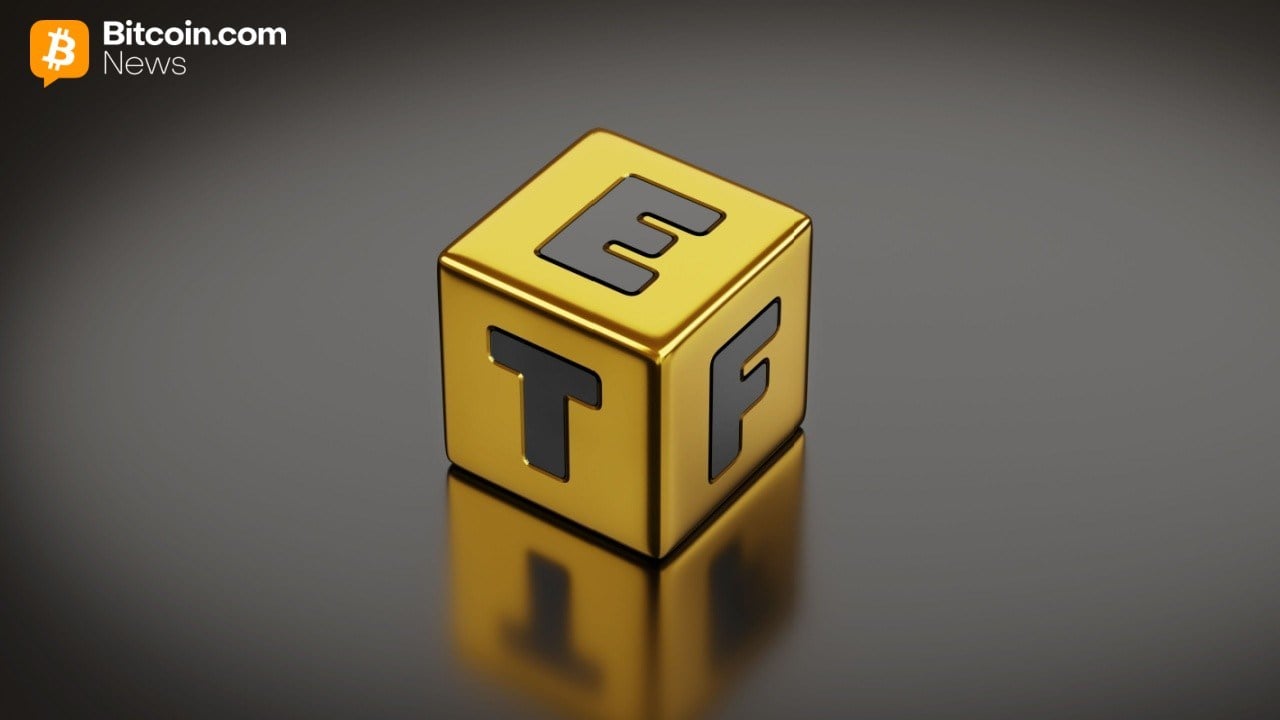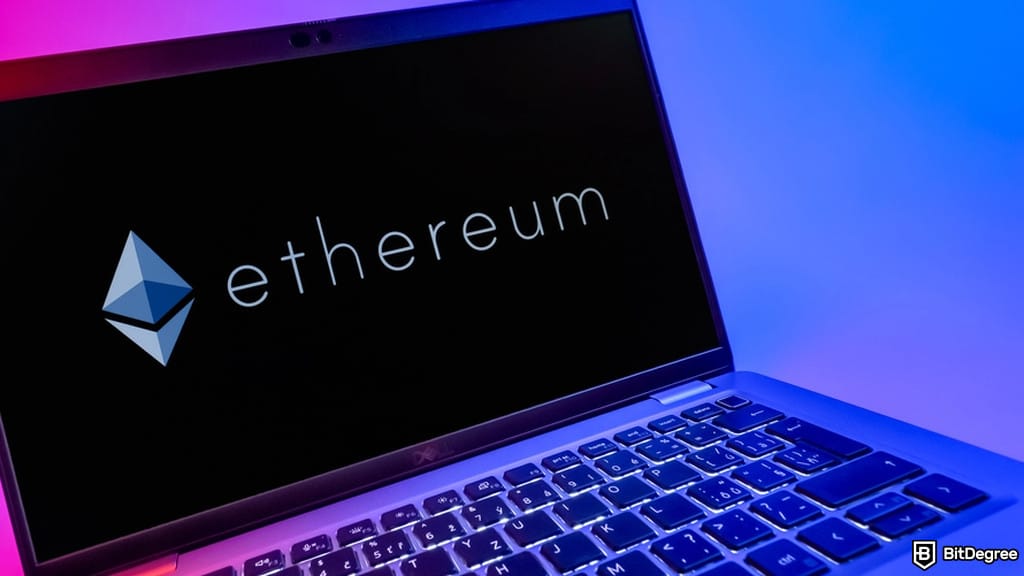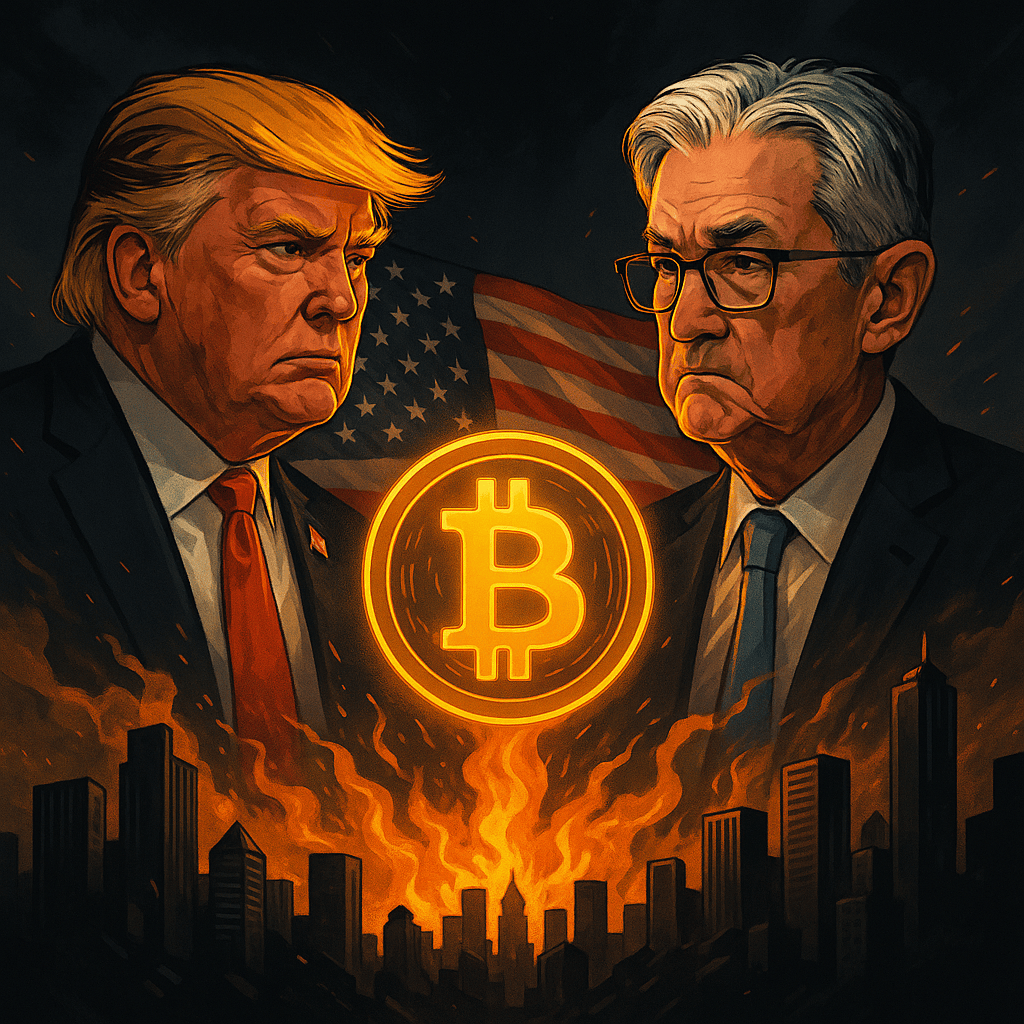The US
passed its landmark GENIUS Act, bringing President Trump one step closer
to his pledge of making the US the “crypto capital of the world.”
Unfortunately for Trump, no matter what his administration does, I’m
afraid these efforts will be in vain. For me, the UAE will always be the real
homeland of crypto.
The act,
which Trump signed in July, is just more crypto-positive legislation from
the States and a critical part of his administration’s mission to push the US
up the DeFi podium.
TRUMP: 🇺🇸 “The Golden Age of America is upon us, with today’s signing.”
President Trumps signs the Genius Act signaling the first of Stablecoin legislation. pic.twitter.com/JD2TtV0p9b
— CoinDesk (@CoinDesk) July 18, 2025
Stablecoin Regulations in the US
It lays out
a clear regulatory framework for stablecoins in the US, further establishing
them within the US’s regulated capital market, and holding stablecoin issuers –
like Circle and Tether, among others – to stronger anti-money laundering
compliance. In fact, the move has already bolstered consumer and company
confidence in digital assets and is even inspiring Wall Street giants to launch
their own stablecoins.
With the
world’s biggest banks getting on board with cryptocurrencies , I can see why
Trump might think his act gives the US an edge as the global crypto superpower.
Unfortunately for him, this “giant” leap for crypto is just one of many
small steps the UAE took years ago.
In fact, the
UAE has been actively encouraging crypto entrepreneurs to set up shop on its
shores for years. For a start,
its forward-thinking government has established crystal-clear regulatory
frameworks for crypto, pioneering how governments should regulate crypto
globally.
Dubai’s Virtual Asset Regulatory Authority (VARA) is exploring ways to ease the regulatory cost burden for smaller crypto firms.
During Paris Blockchain Week, VARA CEO Matthew White discussed potential solutions, including a model where larger entities support smaller ones.
— Satoshi Club (@esatoshiclub) April 11, 2024
The Central Bank of the UAE (CBUAE) and Dubai’s Virtual Assets
Regulatory Authority (VARA) – the world’s first virtual asset regulator –
provide comprehensive oversight and checks and balances on digital assets,
promoting transparency, consumer security, and fostering innovation in DeFi. In the UAE, crypto isn’t the Wild West – it’s a real, legitimate asset class.
Dubai Sets the Standard
The simple
fact is the UAE has been much quicker out of the blocks on regulation, and it’s
reaping the rewards. VARA was established in 2022, and Abu Dhabi’s FSRA implemented its first crypto assets regulatory framework in
2018 – that’s a seven-year head start on the US’s GENIUS Act. Does the current
US government really expect to stage a crypto coup this late in the day?
Moreover,
the UAE imposes zero tax on crypto income or capital gains, making it
incredibly hard to compete with – especially for the higher tax jurisdictions
of the EU and US. Here’s the bottom line: the country is allowing crypto
investors and entrepreneurs to thrive, not just survive. It actively encourages
crypto investment and trading.
UAE Introduces Retroactive VAT Exemptions for Crypto Transactions https://t.co/aaNPfOJFyO
— Bitcoin.com News (@BTCTN) October 7, 2024
Going
further still, the UAE has also fully integrated digital assets into its
national infrastructure. By 2026, we’ll see the UAE’s central bank digital
currency, the Digital Dirham, supported by all financial institutions
registered in the UAE.
And on a more consumer note, in Dubai, you’re even able
to buy a home using bitcoin – supported by CBUAE and VARA. With these latest
innovations, the UAE is going beyond accepting crypto – and promoting
investment activity in the space – to making it a pillar of their economic
landscape.
A Destination for Crypto Issuers
Looking at
the whole picture, it’s no wonder that the country is the clear first-choice
destination for crypto issuers and exchanges. And where the big crypto players
go, innovations follow.
OKX, the world’s second-largest crypto exchange, has
launched regulated crypto derivatives for retail investors in the region, and
beyond that, there are a staggering 500-plus crypto startups operating there
domestically.
These
organisations and their people have been lured to the UAE by its appetite,
infrastructure, and proactive regulation – and who can blame them? In my
opinion, the US’s GENIUS Act simply doesn’t offer any competitive edge that
will usurp its throne…
At the end
of the day, the UAE has embraced digital assets in a way that no other global
market has, making itself unchallengeable as the crypto motherland.
Bitcoin Ownership Rate
Of course,
I can’t say I’m surprised: they have the highest Bitcoin ownership rate
globally at 27.2%, which is a staggering level of appetite. Considering all the
factors above, it’s no wonder the crypto world has embraced the UAE in return.
Ultimately,
the UAE is lightyears ahead of other countries in its approach to DeFi in every
way. No regulatory shift in other markets is going to bridge the gap and
displace it as the world leader, and that includes the US. The UAE will always
be the kingpin, and its crypto crown isn’t up for grabs.
The US
passed its landmark GENIUS Act, bringing President Trump one step closer
to his pledge of making the US the “crypto capital of the world.”
Unfortunately for Trump, no matter what his administration does, I’m
afraid these efforts will be in vain. For me, the UAE will always be the real
homeland of crypto.
The act,
which Trump signed in July, is just more crypto-positive legislation from
the States and a critical part of his administration’s mission to push the US
up the DeFi podium.
TRUMP: 🇺🇸 “The Golden Age of America is upon us, with today’s signing.”
President Trumps signs the Genius Act signaling the first of Stablecoin legislation. pic.twitter.com/JD2TtV0p9b
— CoinDesk (@CoinDesk) July 18, 2025
Stablecoin Regulations in the US
It lays out
a clear regulatory framework for stablecoins in the US, further establishing
them within the US’s regulated capital market, and holding stablecoin issuers –
like Circle and Tether, among others – to stronger anti-money laundering
compliance. In fact, the move has already bolstered consumer and company
confidence in digital assets and is even inspiring Wall Street giants to launch
their own stablecoins.
With the
world’s biggest banks getting on board with cryptocurrencies , I can see why
Trump might think his act gives the US an edge as the global crypto superpower.
Unfortunately for him, this “giant” leap for crypto is just one of many
small steps the UAE took years ago.
In fact, the
UAE has been actively encouraging crypto entrepreneurs to set up shop on its
shores for years. For a start,
its forward-thinking government has established crystal-clear regulatory
frameworks for crypto, pioneering how governments should regulate crypto
globally.
Dubai’s Virtual Asset Regulatory Authority (VARA) is exploring ways to ease the regulatory cost burden for smaller crypto firms.
During Paris Blockchain Week, VARA CEO Matthew White discussed potential solutions, including a model where larger entities support smaller ones.
— Satoshi Club (@esatoshiclub) April 11, 2024
The Central Bank of the UAE (CBUAE) and Dubai’s Virtual Assets
Regulatory Authority (VARA) – the world’s first virtual asset regulator –
provide comprehensive oversight and checks and balances on digital assets,
promoting transparency, consumer security, and fostering innovation in DeFi. In the UAE, crypto isn’t the Wild West – it’s a real, legitimate asset class.
Dubai Sets the Standard
The simple
fact is the UAE has been much quicker out of the blocks on regulation, and it’s
reaping the rewards. VARA was established in 2022, and Abu Dhabi’s FSRA implemented its first crypto assets regulatory framework in
2018 – that’s a seven-year head start on the US’s GENIUS Act. Does the current
US government really expect to stage a crypto coup this late in the day?
Moreover,
the UAE imposes zero tax on crypto income or capital gains, making it
incredibly hard to compete with – especially for the higher tax jurisdictions
of the EU and US. Here’s the bottom line: the country is allowing crypto
investors and entrepreneurs to thrive, not just survive. It actively encourages
crypto investment and trading.
UAE Introduces Retroactive VAT Exemptions for Crypto Transactions https://t.co/aaNPfOJFyO
— Bitcoin.com News (@BTCTN) October 7, 2024
Going
further still, the UAE has also fully integrated digital assets into its
national infrastructure. By 2026, we’ll see the UAE’s central bank digital
currency, the Digital Dirham, supported by all financial institutions
registered in the UAE.
And on a more consumer note, in Dubai, you’re even able
to buy a home using bitcoin – supported by CBUAE and VARA. With these latest
innovations, the UAE is going beyond accepting crypto – and promoting
investment activity in the space – to making it a pillar of their economic
landscape.
A Destination for Crypto Issuers
Looking at
the whole picture, it’s no wonder that the country is the clear first-choice
destination for crypto issuers and exchanges. And where the big crypto players
go, innovations follow.
OKX, the world’s second-largest crypto exchange, has
launched regulated crypto derivatives for retail investors in the region, and
beyond that, there are a staggering 500-plus crypto startups operating there
domestically.
These
organisations and their people have been lured to the UAE by its appetite,
infrastructure, and proactive regulation – and who can blame them? In my
opinion, the US’s GENIUS Act simply doesn’t offer any competitive edge that
will usurp its throne…
At the end
of the day, the UAE has embraced digital assets in a way that no other global
market has, making itself unchallengeable as the crypto motherland.
Bitcoin Ownership Rate
Of course,
I can’t say I’m surprised: they have the highest Bitcoin ownership rate
globally at 27.2%, which is a staggering level of appetite. Considering all the
factors above, it’s no wonder the crypto world has embraced the UAE in return.
Ultimately,
the UAE is lightyears ahead of other countries in its approach to DeFi in every
way. No regulatory shift in other markets is going to bridge the gap and
displace it as the world leader, and that includes the US. The UAE will always
be the kingpin, and its crypto crown isn’t up for grabs.







![[LIVE] Crypto News Today, September 5 – Bitcoin Price Surges Past $112K as Altcoins Lag Behind: Best Crypto to Buy? [LIVE] Crypto News Today, September 5 – Bitcoin Price Surges Past $112K as Altcoins Lag Behind: Best Crypto to Buy?](https://news.cryptowaffle.fun/wp-content/themes/jnews/assets/img/jeg-empty.png)

